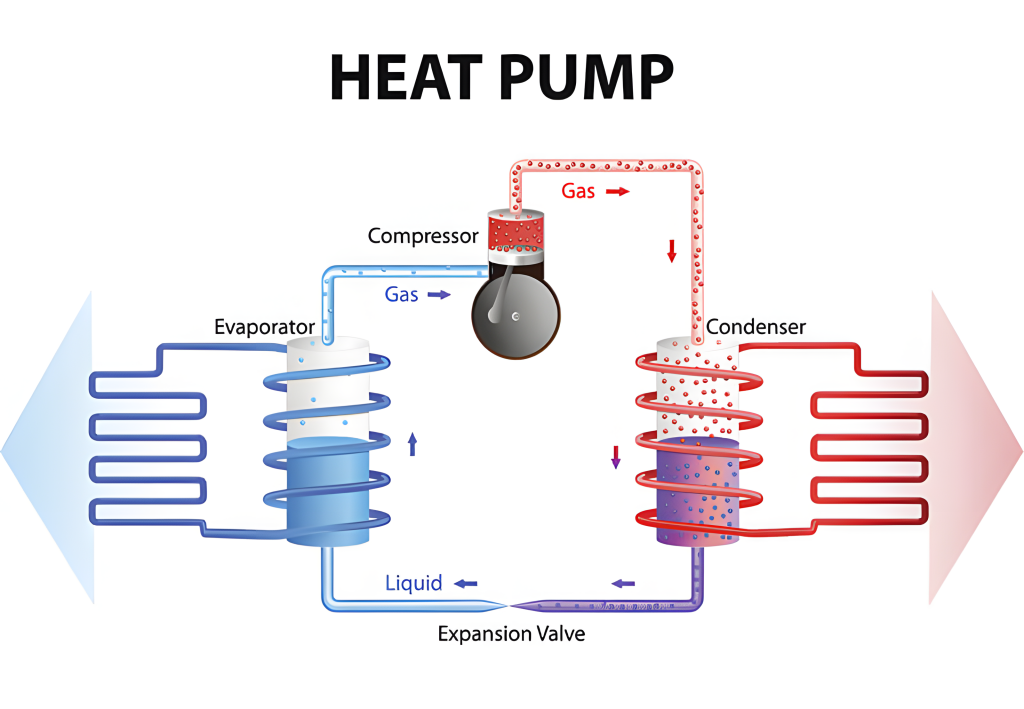
Discovering the Function of a Heat Pump Water Heater
2023-08-21 | Micro Channel
In the quest for energy-efficient and environmentally friendly solutions, heat pump water heaters have emerged as a promising technology. These innovative devices offer an efficient way to heat water for various purposes while minimizing energy consumption. In this blog, we'll delve into the workings of a heat pump water heater, shedding light on its benefits and applications.
What is a Heat Pump Water Heater?
A heat pump water heater is a type of water heating system that utilizes the principles of heat transfer to efficiently generate hot water. Unlike traditional water heaters that rely solely on electrical resistance or combustion, a heat pump water heater extracts heat from the surrounding air or ground and transfers it to the water.

How Does it Work?
1. Heat Absorption:
The process begins with the heat pump absorbing warmth from the ambient air or ground. Even in cooler climates, there is heat present in the environment that can be harnessed.
2. Heat Compression:
The absorbed heat is then compressed using a refrigerant, which increases its temperature further. This high-temperature heat is ideal for heating water.
3. Heat Exchange:
The hot refrigerant releases its heat to a coil containing water. This heat exchange raises the temperature of the water to the desired level.
4. Cooling the Refrigerant:
After releasing its heat, the refrigerant cools down and becomes a low-pressure gas again.
5. Repeat Cycle:
The heat pump repeats this cycle to continuously generate hot water. It operates on the same principles as a refrigerator but in reverse – instead of removing heat from a space, it transfers heat to water.
Advantages of Heat Pump Water Heaters:
1. Energy Efficiency:
Heat pump water heaters are significantly more energy-efficient compared to traditional heating methods. They can generate up to three times more energy than they consume, resulting in lower utility bills.
2. Environmental Friendliness:
By relying on ambient heat sources rather than burning fossil fuels, heat pump water heaters produce fewer greenhouse gas emissions, contributing to a greener environment.
3. Cost Savings:
While the initial investment may be higher than conventional water heaters, the long-term energy savings can offset this cost over time.
4. Versatility:
Heat pump water heaters can work in a variety of climates, extracting heat even from colder air or ground temperatures.
Applications:
Heat pump water heaters are suitable for residential and commercial use. They are commonly used in homes for domestic hot water needs, including showers, washing machines, and dishwashers. In commercial settings, they can provide hot water for large-scale applications such as hotels, laundromats, and restaurants.
Conclusion
As we strive to adopt sustainable technologies, heat pump water heaters emerge as an efficient and eco-friendly solution for water heating needs. By harnessing the latent heat in the air or ground, these systems offer remarkable energy savings, reduced environmental impact, and reliable performance. Whether for residential or commercial use, a heat pump water heater can contribute to a more sustainable and energy-efficient future.